This is a curated list of resources that I have found valuable in my path to becoming a certified school librarian, as well as my current role as a high school teacher librarian.

The American Association of School Librarians is a branch of the ALA that focuses solely on school librarianship. The AASL provides the only national conference devoted to the path of the school librarian. Additionally, the AASL website has a curated list of grant opportunities for school libraries, and a variety of toolkits for librarians to utilize in areas such as diversity, equity & inclusion, open educational resources, defending intellectual freedom, and the promotion of school libraries.

The Oregon Association of School Libraries is my state library organization that I am a member of as a school librarian in Oregon. The OASL provides bi-weekly communication via email to its members with grant opportunities, important news that affect school libraries and librarians, and promotions of webinars available for professional development. The communication regarding the webinars has been particularly helpful as I navigate how to teach research skills to my 9-12 students utilizing the Gale database systems.
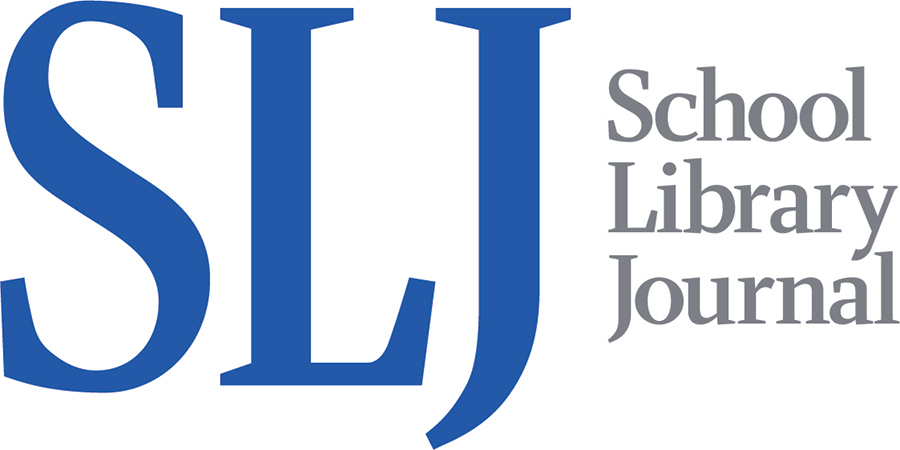
The School Library Journal is a publication that covers issues related to education and school libraries. One of the most relevant parts of this publication for my role as a school librarian are the book reviews. As our district does not have certified librarians in the elementary and middle schools, the SLJ’s grade level rating system has become the district’s adopted system for how we determine which books are developmentally appropriate in those in-between grades such as 5th and 8th. This also gives the media assistants and high school librarians a common resource for collection development.

In The Library With The Lead Pipe is an open access, open peer reviewed journal that I have utilized heavily in each of my courses in the MLIS program. The articles found in this journal are all freely available to site users, and are often unique in their topics and research methods.
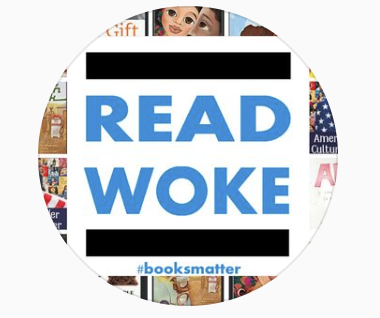
Read Woke is a challenge project started by school librarian Cicely Lewis. She was a classroom teacher prior to moving into the role of a school librarian, and has been an advocate for putting books into student’s hands that are representative of their lived experiences and help students understand the issues of our society. I started following her on Instagram when I was a classroom teacher to find great books to add to my classroom library; now, I follow her lead in the arena of school librarianship!
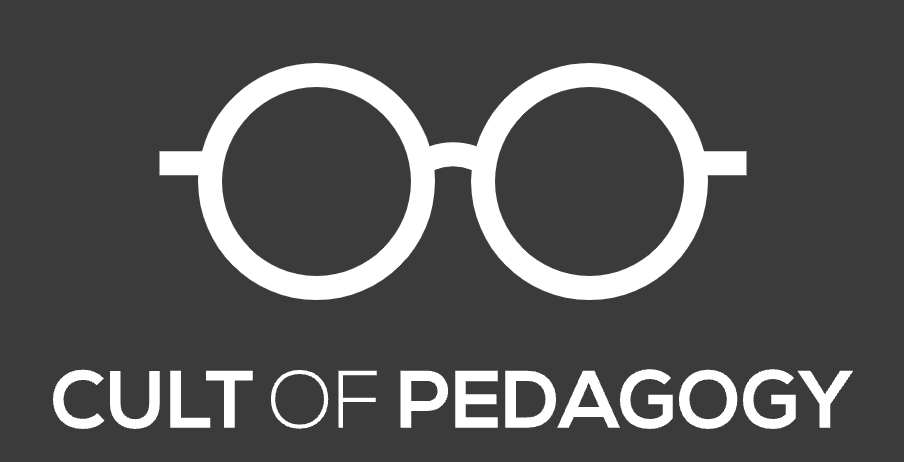
As a classroom teacher, I utilized the blog Cult of Pedagogy weekly for ideas to breathe life and rigor into my curriculum. Because school librarians are often instructional leaders in their buildings, it is important for us to stay connected to the most up to date and relevant pedagogical practices so that we can model and share resources with the staff and students we serve.

The Oregon School Library Information System, otherwise known as OSLIS, has been an invaluable resource as a first year high school librarian who is responsible for teaching research methods. The websites boasts access to the Gale database systems (free for all k-12 Oregon students), teaching resources for all six steps of the research process, and a bibliography building tool for students to utilize. There are both student and educator facing sides to the site, and can certainly be utilized by educators outside of Oregon who are responsible for teaching research methods!
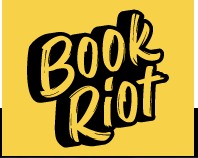
Book Riot is an online publication that deals in all things book and reading related, from reviews to histories to book lists. Often when I am assisting students in finding a very specific type of book, Book Riot will be at the top of the Google query with a round up list of sorts. This has been a lovely resource to utilize when needing a better description or review of a book than what is sometimes provided in our library resource manager.
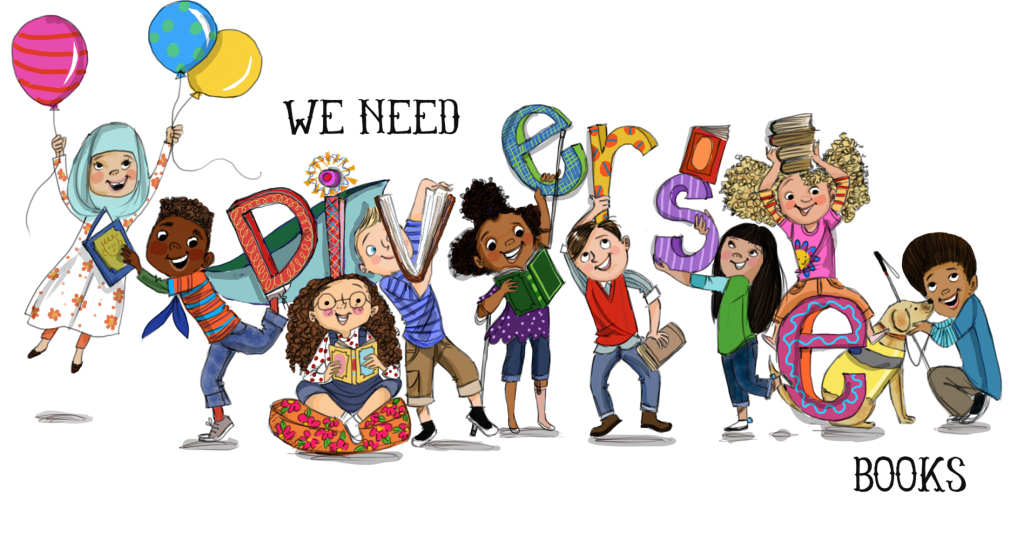
We Need Diverse Books is an organization devoted to the mission of “featuring more diverse characters in”putting more books featuring diverse characters into the hands of all readers”. As I build my library collection, I frequently reference the resources that WNDB curates to find diverse books that are representative of the lived experiences of the students in my community. Additionally, WNDB has created programs that librarians can use to provide even more access to books featuring diverse characters.
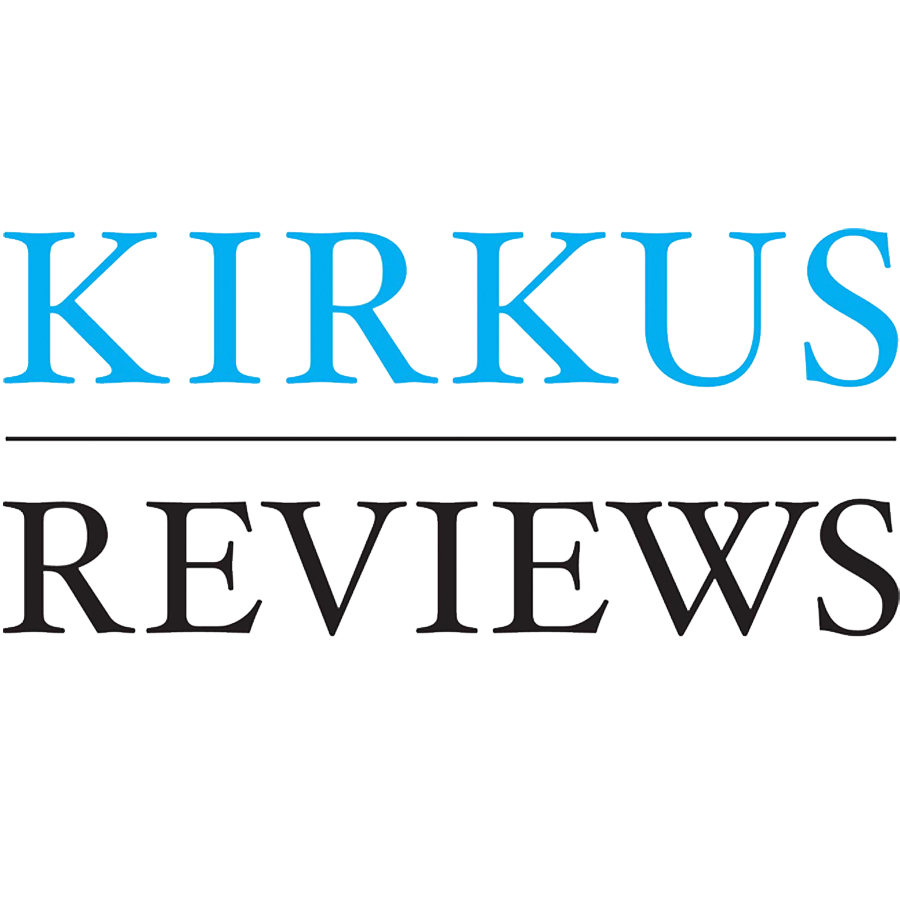
Kirkus is a book review publication that I utilize frequently within my role as a school librarian, not only when supporting teachers in the purchase of new curriculum, but when potential book challenges arise within our community. The reviews that Kirkus provides give a summary of the text, a list of Awards & Accolades, as well as purchase options. This is a resource that I utilize monthly!

Stacked Books is a book review site run by two librarians named Kelly and Kimberly who met in graduate school. Not only does the site feature book reviews, but there is a variety of other featured content such as book lists, cover design guides, and resources for book challenges. Kelly and Kimberly are transparent in their review policies, and only review books in which they are interested. This is an excellent resource for collection development and fresh ideas for your library reading program!
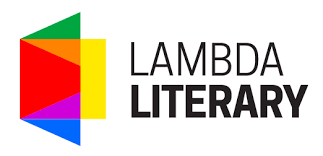
Lambda Literary Review is a site focused on LGBTQ+ literature with the intent to uplift and elevate queer voices. This has been an excellent resource that I have used to build out my library collection as I have worked to increase the LGBTQ+ representation in our titles. This site not only features book reviews, but also has other featured content and interviews that librarians can use to promote new books!